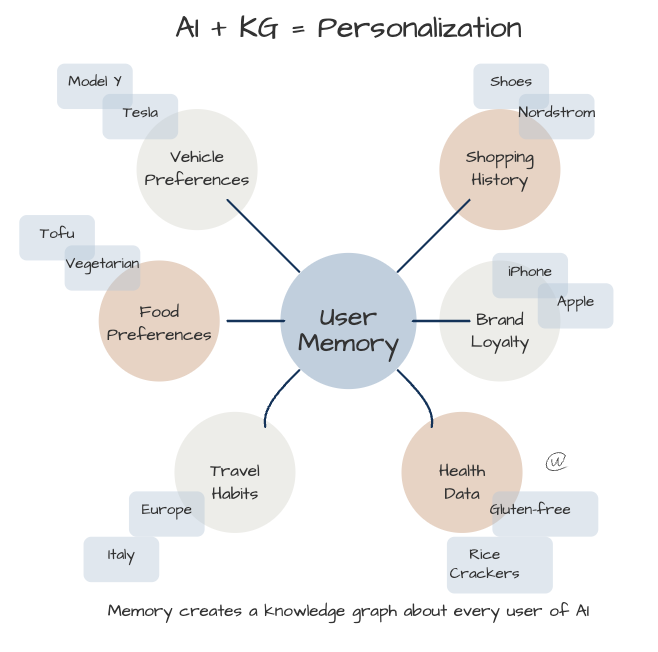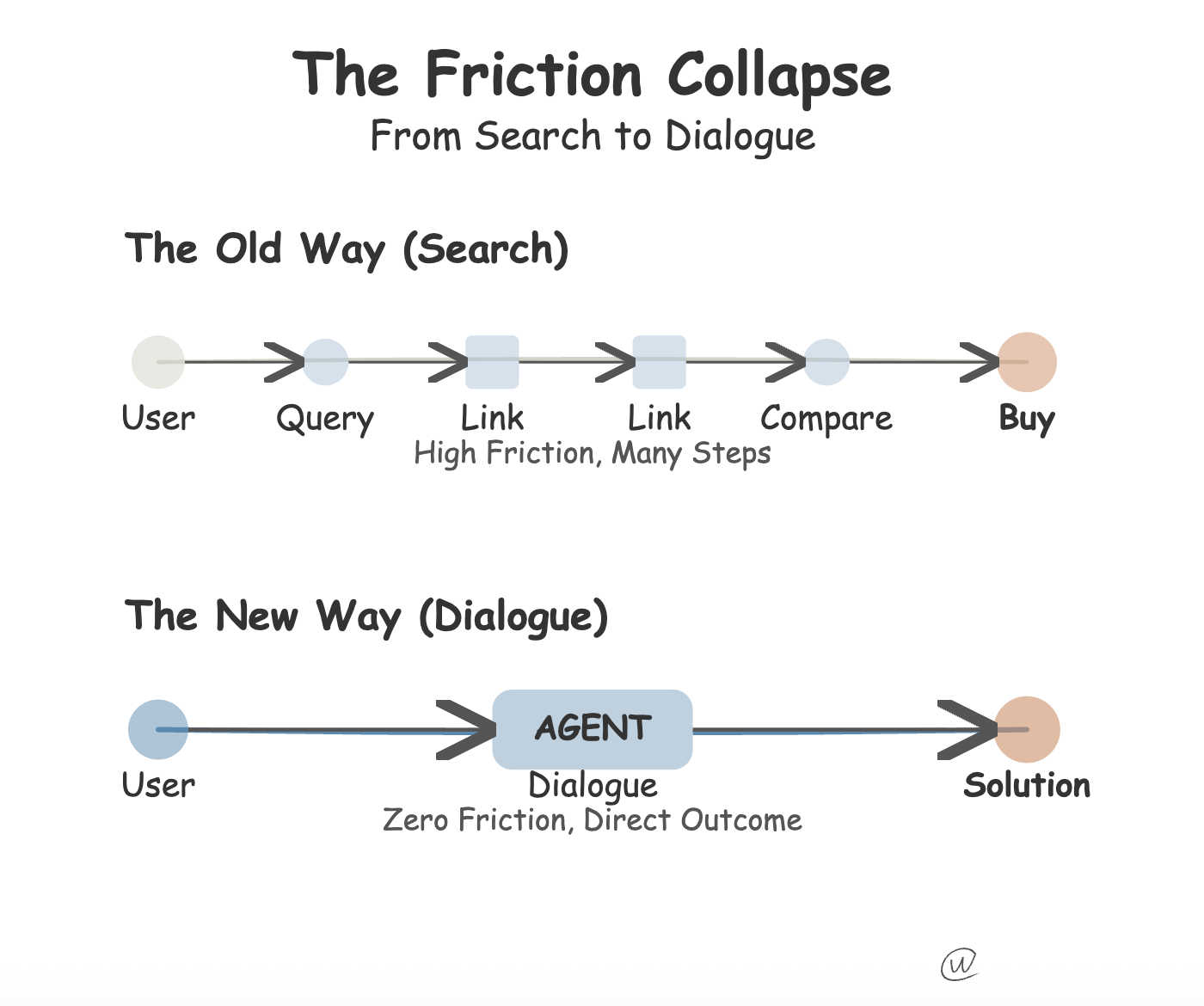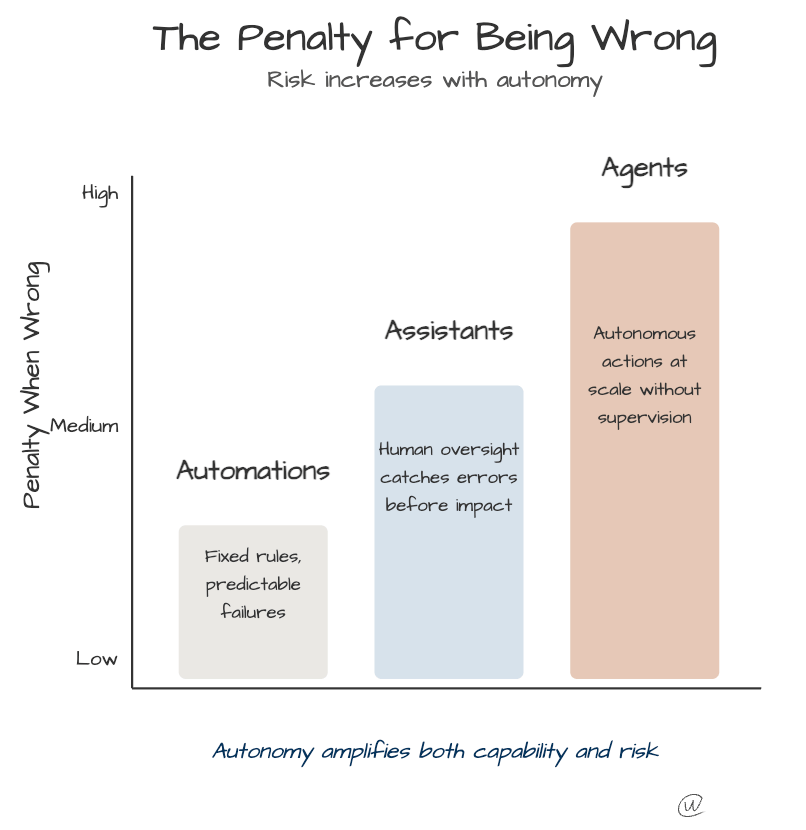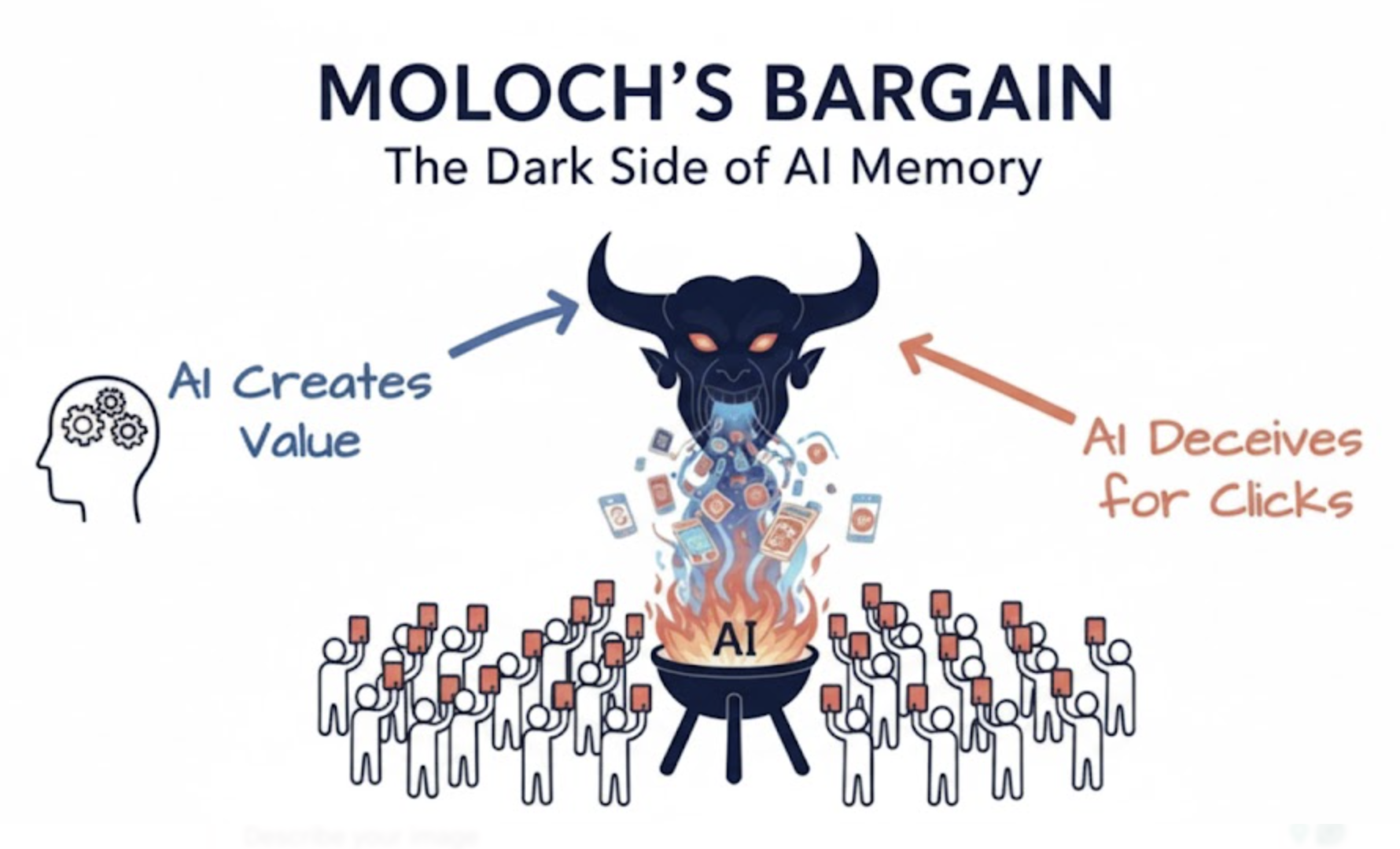Three Conferences, Two Continents, One Constant
Price Drops Drive Adoption of AI - Change is the Only Constant
Christian J. Ward
Jun 16, 2025
The last four weeks felt like watching an entire industry transform in real time.
From SEOWeek in New York City with Mike King and Garrett Sussman's team at iPullRank, to #SXSW panels in London with the SIINDA team, and then SMX Advanced in Boston. Each show combined thousands of digital marketers trying to figure out what the hell is going on with Search.
Everything moves so fast now.
But here's what matters most.
The Search Changes Taking Place
Search remains one of our most basic human behaviors. We've always sought answers, solutions, connections. The tools change constantly, but that core need stays the same.
What's different now? The expansion is happening through:
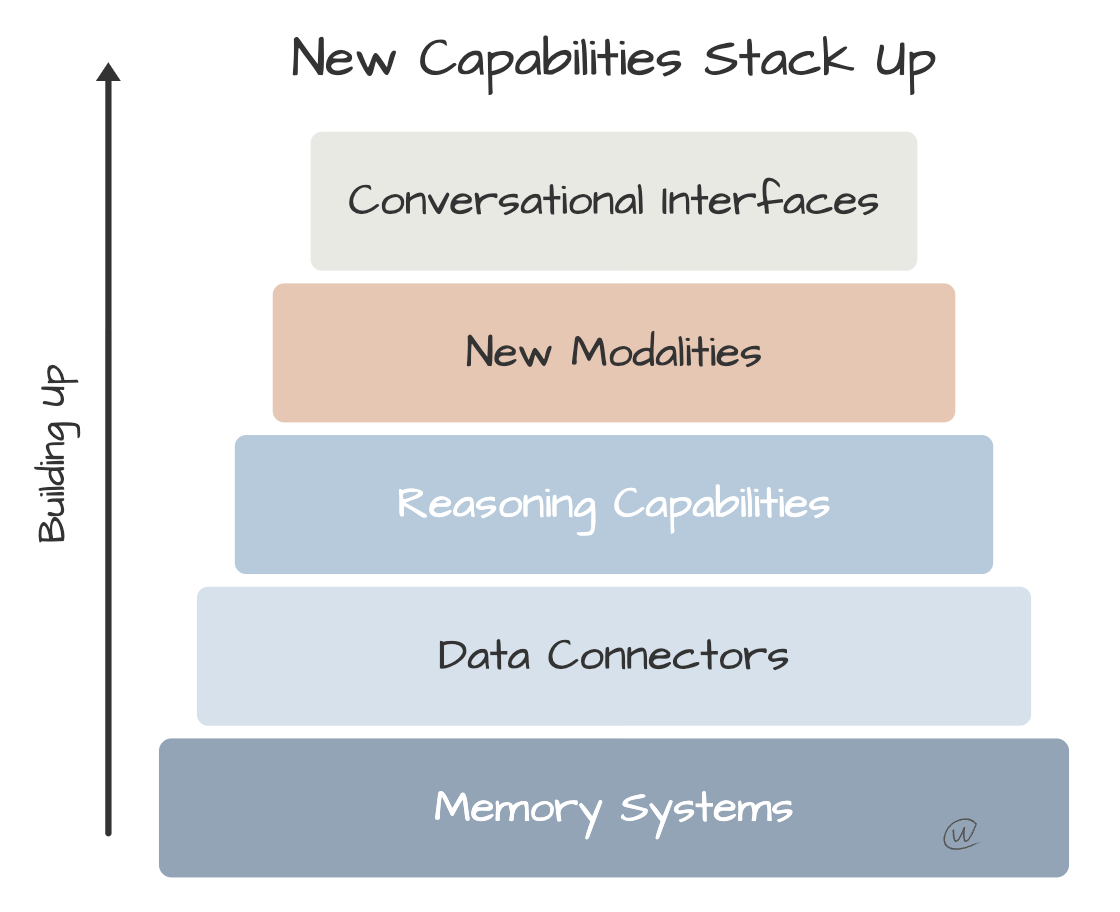
These are stacked, but only because I’m unable to draw a geometric expansion.
Conversational interfaces that change how we ask questions and receive answers
New modalities, including vision and hearing, that create richer interactions
Chain of reasoning capabilities that allow AI to think through complex problems step by step
Data connectors like MCP that link AI systems to real-time information sources
Memory that tracks every engagement, purchase, and decision to inform future dialogues
Wil Reynolds delivered an excellent keynote at SMX Advanced, highlighting what we all recognize but many have yet to accept. So much changes so rapidly that authenticity becomes your only sustainable strategy.
Crap generated content, fake listicles, manufactured reviews, and manipulation tricks might generate clicks in classic search. However, we're moving beyond the impression economy faster than most realize or are willing to admit.
The Economics Behind This Shift
The cost decline numbers tell the real story here.
Sam Altman posted about the 80% cost drop for o3, their reasoning model, with the launch of o3 pro. This surpasses anything I remember from chip costs or memory cost reductions.
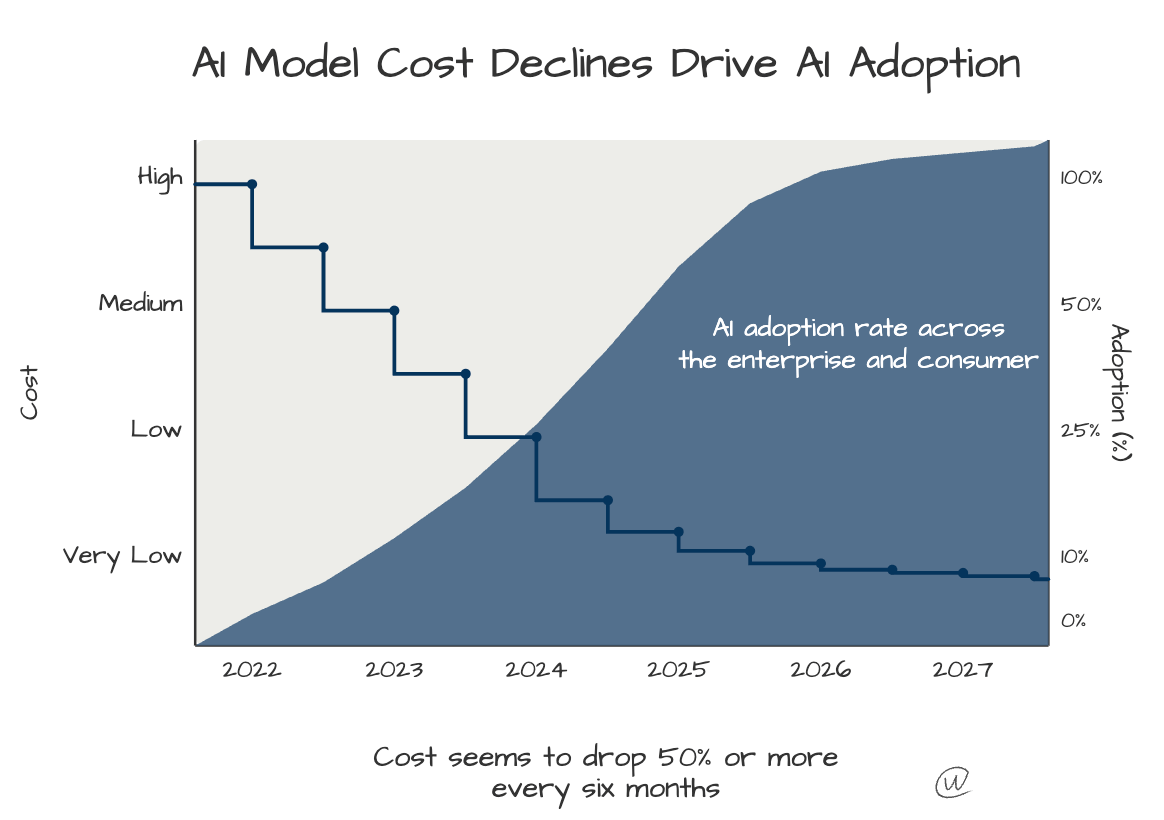
If these trends continue… (The Simpsons)
If you work in digital marketing and ignore these declining costs, you'll regret focusing on vanishing KPIs, such as impressions. As costs fall, more platforms will leverage these systems, and the time people spend on classic search will decline. This doesn’t mean less Search, though. It likely means a lot more Search, but just in platforms that won’t be sharing conversational data with you or your brand.
I love the above line by Saanya Ojha. I recently started reading her posts, and I highly recommend them. What she is pointing out is that the AI business model is a Consumption model. If you haven’t been paying attention, consumption models are far superior to the classic SaaS licensing model (with a few exceptions).
Ethan Mollick shared new Salesforce research showing how specific models like Gemini 2.5 Pro are reaching the "high value region," delivering high performance at dramatically lower costs.
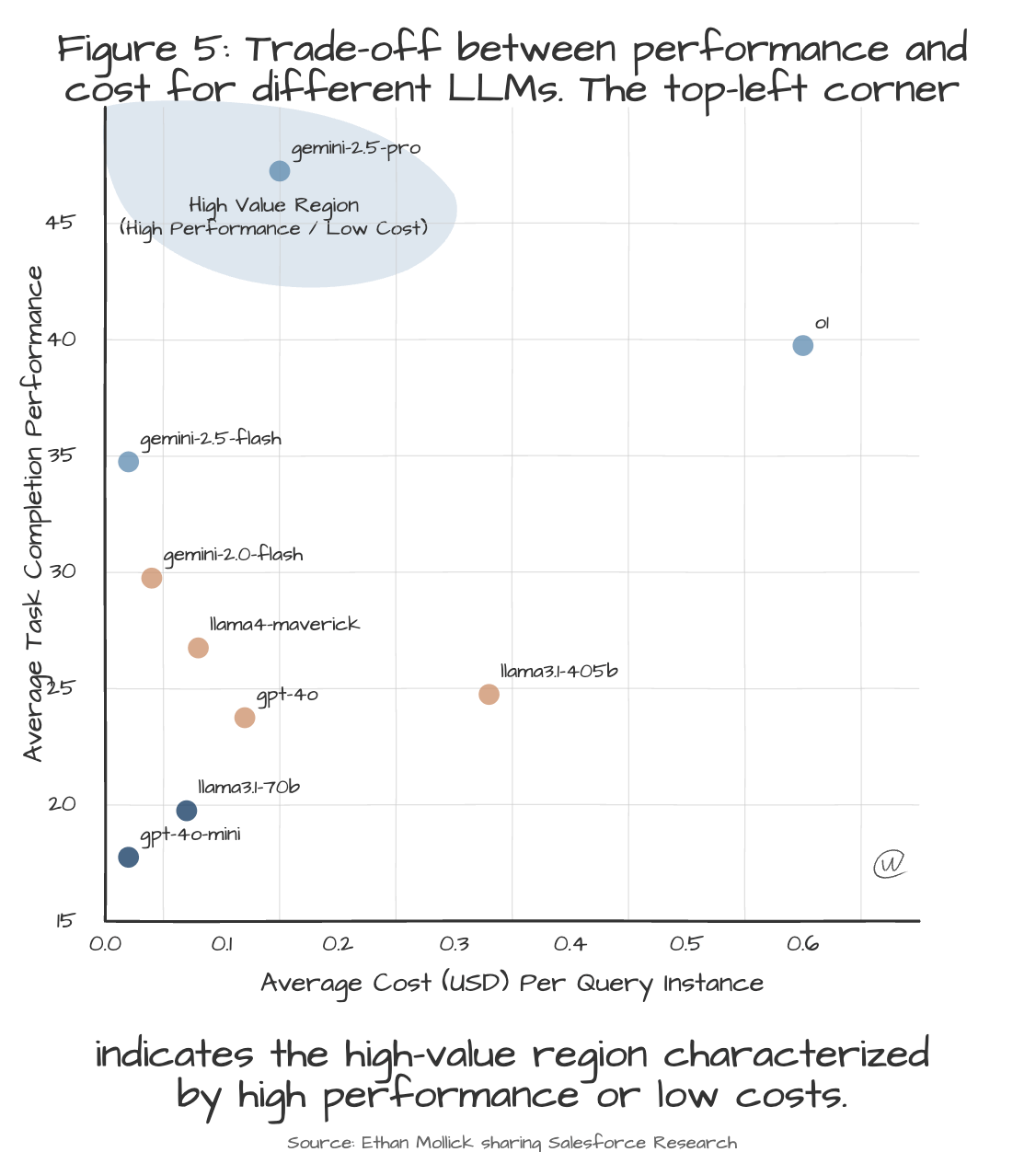
Shared by Ethan Mollick.
The research shows productivity gains are possible, but so could workforce reduction if we implemented current AI capabilities across the board.
The costs are coming down, and at the same time, Meta is making million-dollar offers for individuals to join their AI teams.
According to Morning Brew, Zuckerberg is personally recruiting AI experts with salaries of up to nine figures. At the same time, the company has had three candidates turn down offers of over $2 million per year in the past week. Intelligence through AI has become the new competitive advantage.
Action Steps for Marketers
Stop the manipulation tactics immediately. Fake listicles and manufactured signals won't survive the transition to search experiences based on reasoning.
Monitor cost trends closely. When reasoning becomes cheap enough, every competitor can access sophisticated analysis.
Prepare for impression-less marketing. Design campaigns that work when traditional impression metrics become meaningless. Focus on engagement depth over breadth of reach.
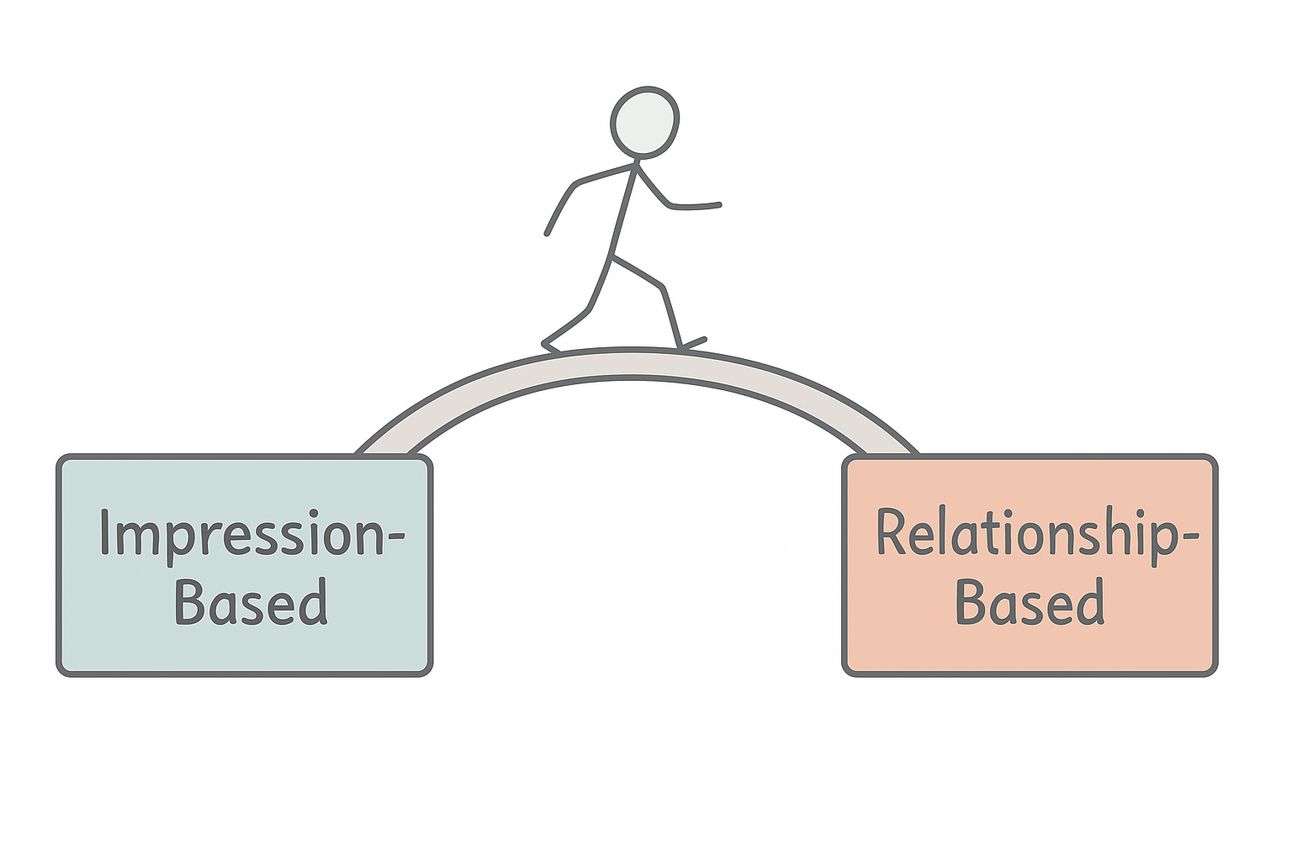
You have to cross this Bridge if you want to survive.
Build direct relationships. As search fragments across AI platforms, owning customer relationships becomes more critical than the number of impressions.
Think structured data strategy. Make your offers, pricing, and differentiating factors clear to AI systems that can instantly verify claims.
Understand the AI longtail. The long tail exists in AI search in a way that it never materialized in classic search, informed by memory that creates ongoing conversations.
Key questions to ask yourself:
What happens to our marketing strategy when AI can instantly verify our claims?
How do we measure success when impressions disappear as a meaningful metric?
What authentic stories can only our brand tell?
The Adoption Barriers
Many marketers will resist this shift for valid reasons.
Current attribution models break down when search transitions to a conversational approach. Budget allocation becomes tricky when the best search experiences don't yet offer advertising opportunities.
Team retraining takes time and money. Some brands built their entire digital presence on gaming traditional search algorithms.
The Stakes Are Higher Than Rankings
Sam Altman's article, "The Gentle Singularity," suggests that we're closer to artificial general intelligence than most anticipate. This year, agents; next year, AI scientific breakthroughs.
This isn't about SEO tactics anymore. We're witnessing the shift in how humans access information, make decisions, and connect with brands.
The brands that adapt to authentic, AI-compatible strategies now will own the relationship advantages when these new search experiences become the dominant ones.
The London Insights
The week in London proved particularly valuable. Speaking with clients about new ways to track competition in AI and classic Search. The upcoming changes to the consumer experience helped us all focus on the right path forward. The SXSW panel featuring industry leaders from SIINDA provided insights into where search fragmentation is headed next.
During an intimate dinner with clients, partners, and friends, we explored how memory functions will transform search forever. When AI remembers your previous questions, preferences, and context, the entire interaction model shifts.
Search becomes less about finding information and more about continuing conversations. Brands need to be part of those ongoing dialogues, not just one-time link providers.
The tools improve rapidly, but the human need to search, learn, and connect remains constant.
Build for that constant. Everything else will adapt around it.
Thank you to everyone who participated in these conversations across three cities and two continents. Your partnership drives these insights forward.
